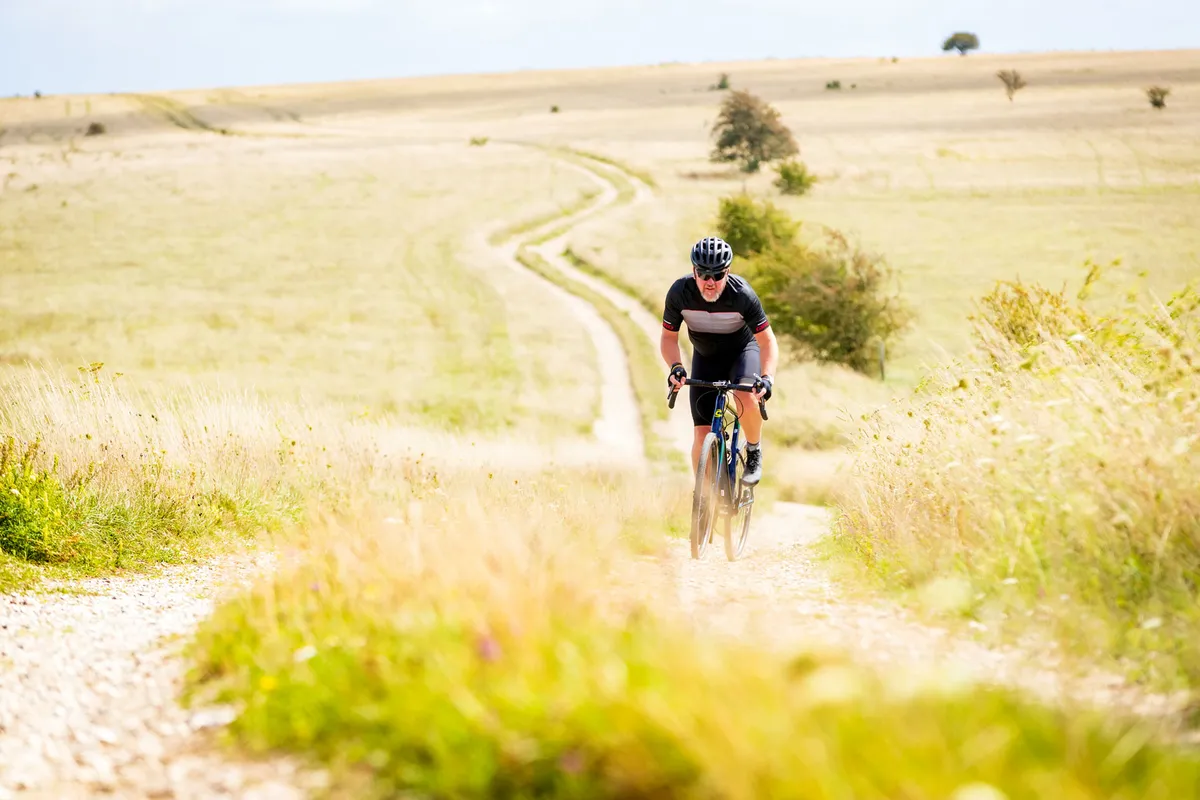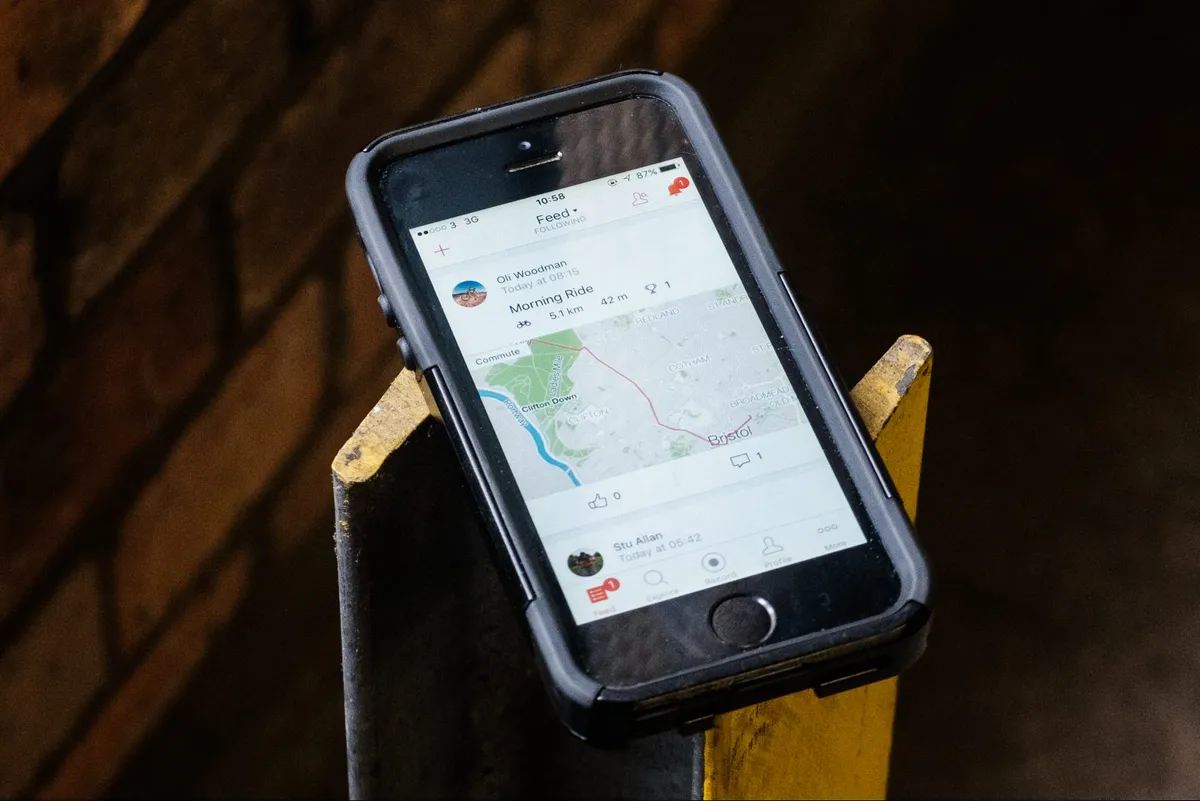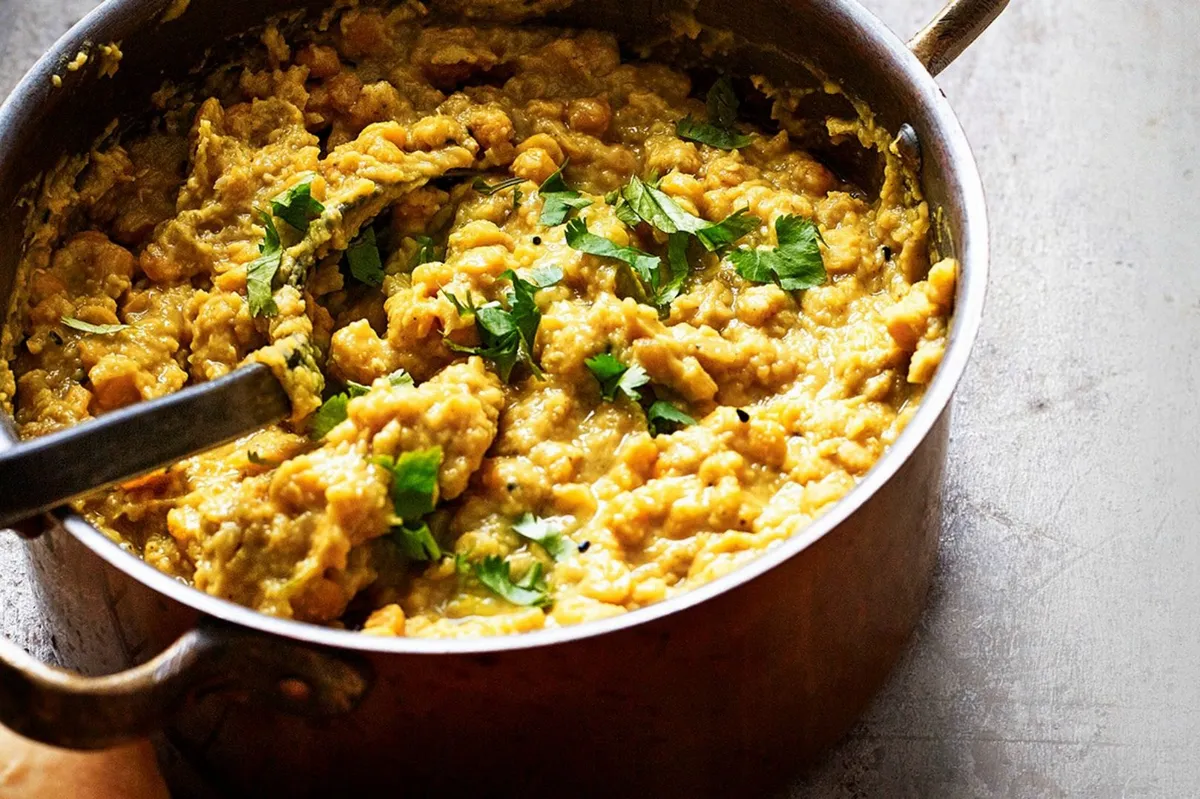Taking to two wheels has well-established mental health benefits, including reducing stress and anxiety, boosting your mood and improving self-esteem.
Dr Ruth Anderson, former lead psychologist for the Great Britain Cycling Team and author of The Cycling Mind says there is “a clear and direct link between physical activity and good mental health. Getting out on a bike for just a relatively short period of time is a fantastic way to combat the stress of everyday life and enhance your psychological wellbeing.”
The coronavirus outbreak has seen those rewards more sought after than ever before, not least during various lockdowns.
So, how can we responsibly reap the rewards of riding during the coronavirus outbreak – and cope with not cycling should circumstances change?
1. Get outdoors

While staying home has been crucial to keeping the disease at bay throughout the pandemic, experts insist we should use exercise to boost our physical and mental wellbeing, government guidelines permitted.
“It’s important we take steps to look after our physical and mental health, and of those around us,” says Simon Gunning, CEO for mental health support group CALM (Campaign Against Living Miserably).
“Whatever your background, age or ability, cycling, like all forms of exercise, can help reduce stress and anxiety, boost your mood and self-esteem. Heading outdoors and getting your blood pumping is a great way to get out of your head.”
If you can't get outside (especially now the seasons are shifting towards winter in the northern hemisphere), indoor cycling can still bring many of the physical and mental rewards of the open road, with the wide range of training apps available today helping to stave off the boredom typically associated with the turbo trainer.
If you want to keep cycling throughout the winter – and remember, there are benefits to simply being outside beyond exercise – make sure you check out our guides on how to get you and your bike winter-ready.
2. Conquer anxiety
The unprecedented and uncertain situation we find ourselves in, alongside the psychological impact of everyday restrictions, can combine to increase stress and anxiety.
“This is a very good time to learn relaxation skills,” suggests Dr Michael Barnish, head of genetics and nutrition for REVIV.
Progressive muscular relaxation, breathing techniques and mindfulness can all help reduce anxiety, according to Barnish.
“The easiest way to add some mindfulness into your day is to concentrate on your breathing, by breathing in for four seconds, holding it for a further four seconds and breathing out over eight seconds,” he adds.
“Doing this for one minute, upon waking and before sleep, is a simple way to really bring your body into the moment and focus the mind away from all thoughts. It is a proven technique to reduce stress, anxiety and even can help with depression.”
3. Stay connected

“Social contact is vital at this point in time,” says Professor Andy Lane, a sports psychologist at the Centre for Health and Human Performance.
Whatsapp, Facebook, Google Hangouts, Strava, Zwift group rides and cycling forums can all help combat loneliness at a time when cyclists may not be able to ride as freely as they'd like.
“Human beings are social and being in isolation is a strong predictor of poor mental health," adds Lane. "Social media offers a great way to connect."
4. Ease off the gas
With many people still working from home, it's an opportunity to take advantage of any extra time saved by commuting.
“Take advantage of the additional time you have right now – such as several hours a day freed up by not having to commute – to find new interests or work on areas that will improve your cycling,” says Lane.
“Exercising at home not only provides the physical and hormonal boost you need, but it can help you condition areas of the body that don’t get worked on when cycling is your only form of exercise.”
Lane recommends tuning in to the wealth of remote instructor-led home workout, core exercise and yoga sessions available online to help stay in good physical shape – or check out the articles below on BikeRadar.
5. Build a routine
“From financial worries, to anxiety around you and your loved ones’ health, it’s easy for thoughts to become overwhelming,” warns CALM's Gunning.
If you're spending more time than usual at home, Gunning recommends striking a balance between establishing a routine and making sure each day has some variety.
“If you’re finding the change difficult, it might help to build yourself a new routine – getting up, eating and doing familiar things at set times can help you to feel a little more in control of the situation,” he says.
However, don’t be afraid to change up your routine, Gunning advises. While the pandemic can make everyday life repetitive, simple things can help improve your motivation, keep you active and reduce boredom.
“Do your daily exercise,” says Gunning, “or keep a to-do list so you can see you’re achieving something."
6. Get cooking

Working on your nutritional intake, while developing new culinary skills, has all-round health benefits. And with many people now having more time on their hands or choosing to stay home, this could be an opportunity to cook up a storm.
“Cooking from scratch is essential for boosting both mood and health as fresh, non-processed foods are the best for your health,” adds Dr Barnish.
Not only will cooking help to feed your creative juices, but it can bring the people in your household together, says Barnish.
“It's a fantastic way to learn, laugh and create,” he adds. “Tired looking vegetables can be easily be boiled up to make a soup with some stock – very easily done, good for the environment and tasty.
“Freezing leftovers will make sure that you stay well stocked up – and be sure to include immunity-boosting foods such as spinach, kale, broccoli, garlic, turmeric and ginger.”

